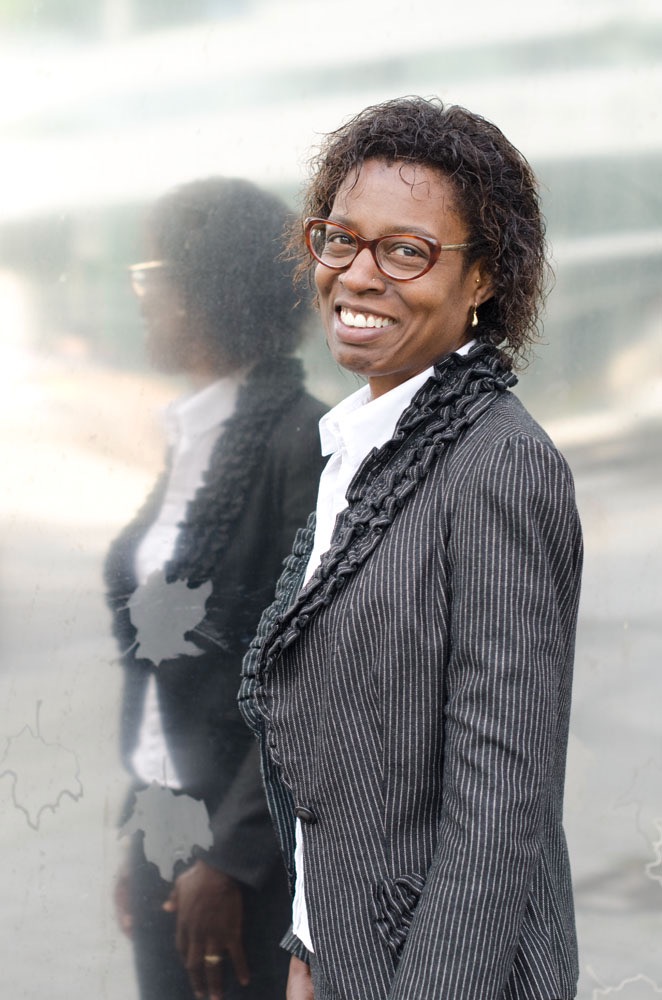There has been a focus on gender equality between men and women for centuries.
The poet, Christine de Pizan, wrote about the oppression of women being irrational and noted many advancements in society that were likely made by women in 1405! In America, Joseph Meacham, who was the head of the Shakers’ central ministry in 1788, believed that the sexes should be equal and enrolled Lucy Wright to be his female counterpart. They worked together to structure the Shakers’ society and balance the rights of the sexes. The suffragette movement did much to advance the cause for equality among the sexes in the late 19th century. The women’s liberation movement and sexism have advanced the rights of women and gender equality is one of the United Nation’s sustainable development goals. There is a plethora of organisations that cater for women, such as LeanIn, and many businesses have set targets to increase the number of women in senior leadership and executive roles.
Yet despite all this, there are still inequalities at work for individuals who are not white males. Over 8.2 million employees in the UK say they have been discriminated against based on their gender, and women are nearly twice as likely as men to experience gender discrimination at work. Many women are subjected to micro-aggressions, even in organisations with espoused values promoting inclusion, equity and diversity. These include being ignored or talked over in meetings by their male colleagues, not being heard, and being discounted because they do not participate in after-work activities. One of the reasons that this occurs is because there is an inherent bias in our systems. Michael Kimmel spoke eloquently in his TED talk, about individuals (such as white males) who enjoy the privileges afforded to them, but often do not think about the inequalities that others face daily.
Discussing how various genders experience privilege and disadvantage is difficult because it can feel uncomfortable, risky or accusatory. However, to continue the progress towards gender equality, it is important to have dialogue in the workplace about the differences. There are roadblocks to having this conversation, namely each person’s beliefs, assumptions, attitudes and experiences. These impact how easy it is to have an open conversation about differences. These obstacles fall into three categories:
- There isn’t a problem – “Gender differences don’t matter; we treat everyone equally”
- There’s no benefit in talking – “Talking won’t solve anything”
- There will be negative consequences to my actions – “People think I’m overly sensitive, and I feel that my experiences are minimised” “I will say something inappropriate, or be viewed as sexist”
Overcoming these hindrances requires people to have the courage to start the conversation and be willing to be vulnerable, have the compassion to bear witness to the painful experiences that people have endured, and have the wisdom to not be defensive or try to fix the person or problem immediately. Contributors to the conversation need to be curious, listen attentively, give everyone their full attention, suspend judgement, be open to what they are experiencing, show respect and share their truth. Having such ground rules helps to create a safe and supportive environment for all participants.
In addition to increasing their knowledge of how their colleagues experience the workplace, individuals can increase their self-awareness regarding their thoughts, beliefs and actions and how these may perpetuate the inequalities that exist. Questions that they can pose to prompt this reflection include:
- Do I feel more comfortable when gender differences are not acknowledged?
- How do I challenge—or perpetuate—gender stereotypes in my thoughts and actions?
- Have I ever felt invisible because of some aspect of my Identity (gender, race, ethnicity, religion, age, and so on)? If so, what was the impact on me personally?
- When conversations about differences in background or experience become heated or uncomfortable, what is my reaction? Do I speak up or shut down?
- What can I do to step into another person’s shoes and learn more about their experiences?
- What steps can I take to help others build skills in active—and compassionate—listening?
- Are my words authentic, thoughtful, and carefully chosen, yet not so stilted as to stifle open discussion?
- How can I practice humble listening to create opportunities for open discussions?
- Am I okay with making and learning from mistakes, and am I committed to practising having difficult conversations? Do I encourage others to do the same?
By employing the qualities of courage, compassion and wisdom we can step into that difficult arena to spark a meaningful conversation that will lead to change.
 About the author
About the author
Dr Joan van den Brink is an Executive Coach, management consultant and founder of Araba Consulting. Her new book, The Three Companions, is available in paperback, priced at £14.99. You can read an extract from the book here.









